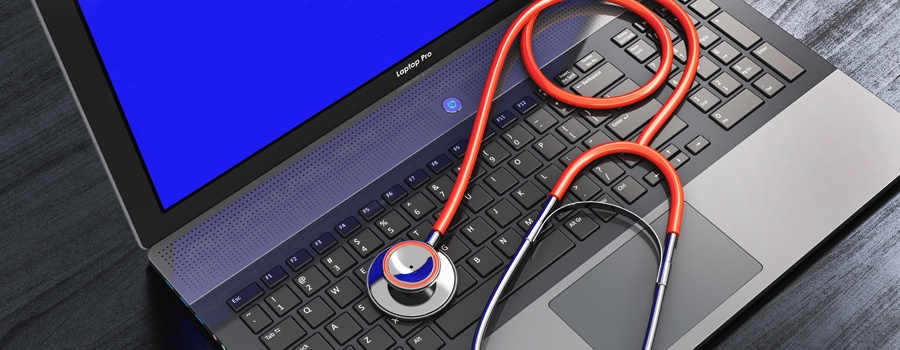Tag: PHI
-

Medical Association Chooses PCIHIPAA to Help Benefit and Protect Its Members
MONTGOMERY – The Medical Association of the State of Alabama has partnered with PCIHIPAA to help protect its members from the onslaught of ransomware attacks, HIPAA violations and data breaches impacting Alabama physicians. Under HIPAA’s Security and Privacy Rules, health care providers are required to take proactive steps to protect sensitive patient information. “The Medical Association services more…
-

HIPAA and the Holidays
As the holiday season builds momentum we are faced with numerous distractions like holiday decorations, taking advantage of online sales and soaking in the traditions that we look forward to each year. But this season of joy and giving should also be met with a heightened sense of awareness and adherence to HIPAA policies and…
